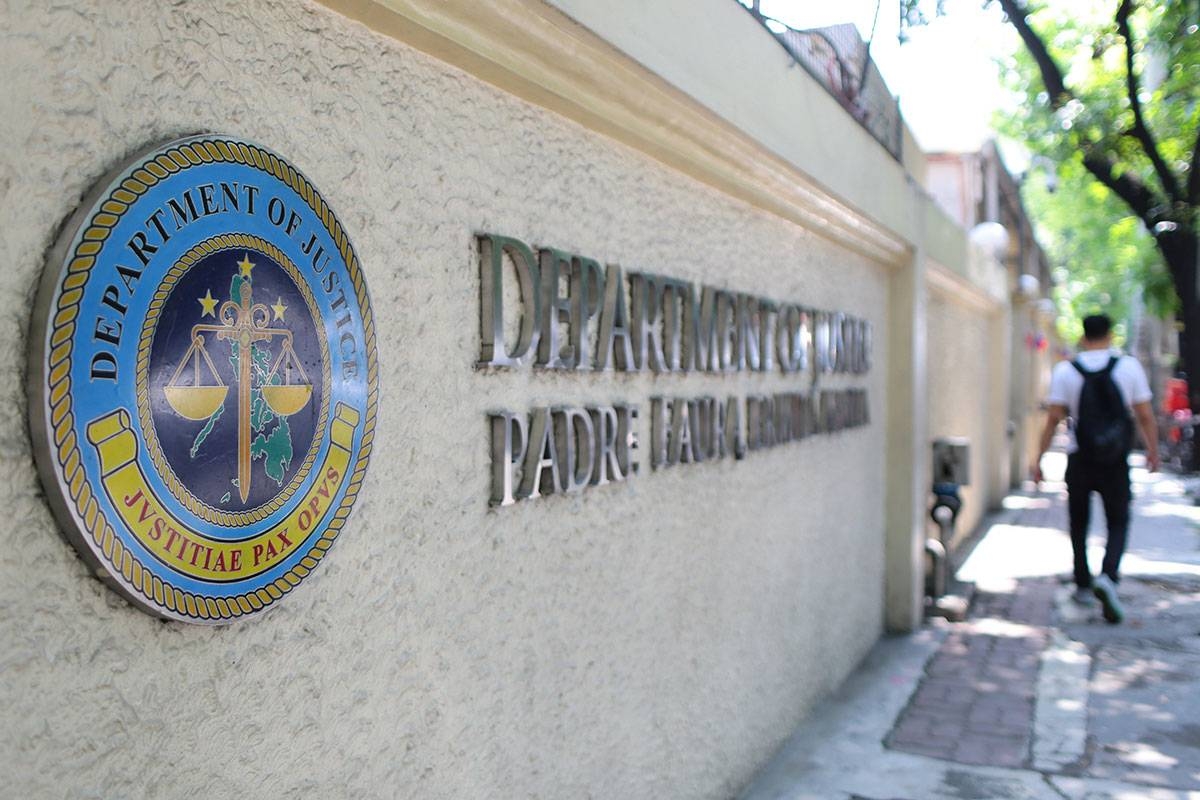The Chinese Businessman’s Case: Kidnap-for-Ransom and Serious Illegal Detention
A recent case involving a Chinese businessman and his former business partner has garnered attention in the Philippines. The individual, Lin Xiaoqing, who is the owner of Big Emperor Technology, a Philippine offshore gaming operator (POGO), filed a case against his former partner, Richard Lim, accusing him of kidnap-for-ransom (KFR) and serious illegal detention. Lin has expressed his satisfaction with the Department of Justice (DOJ) for rejecting Lim’s plea to dismiss the case.
The DOJ’s Decision: Grave Coercion and the Veracity of Lin’s Claims
Despite the DOJ’s decision not to accept Lin’s claim of being kidnapped, the rejection of Lim’s dismissal plea and the subsequent decision to try him for the lesser crime of grave coercion have been seen as proof that Lin did not fabricate his story. The resolution, dated February 27 but released only recently, states that Lim should be tried for grave coercion due to his alleged use of “violence, threats, and intimidation” against Lin.
It is important to note that the terms and legal definitions used in this case may differ from those in other jurisdictions. Grave coercion, for example, refers to the act of using violence or intimidation to compel someone to do something against their will. By contextualizing these terms, we can better understand the gravity of the accusations against Lim.
The Alleged Kidnapping and Subsequent Events
Lin, also known as “Eric Lim,” filed the charges of kidnap-for-ransom and serious illegal detention against Lim on July 27, 2023, almost a year after he and his driver were allegedly abducted by armed men while vacationing at a beach resort in Batangas on August 19, 2022. It was later revealed that these armed men were members of the Criminal Investigation and Detection Group (CIDG), who had arrested Lim based on a warrant of arrest for qualified theft issued by the Pasay City Regional Trial Court. Lim was subsequently detained at the CIDG facility in Taguig.
According to Lin, during his alleged captivity, he and his family were threatened with death by Lim. Lin claimed that he was only released on September 14, 2022, after allegedly paying a ransom of P100 million to Lim. He stated that the money was raised and delivered to Lim by his brother, Lin Xiao Feng. Additionally, Lin alleged that he was forced to relinquish his controlling shares in Big Emperor Technology to Lim.
To support his complaint, Lin submitted sworn testimonies from his brother and three other individuals who claimed to have prepared and delivered the ransom money to Lim and his associates. Lin also asserted that Lim, using his influence, concocted the qualified theft case that led to his arrest by the CIDG.
In response to the allegations, Lim submitted a counter-affidavit to the DOJ on November 7, 2023, disputing all the claims made by Lin. According to Lim, Lin was not abducted but was instead arrested by the CIDG for qualified theft. Lim called for the outright dismissal of the complaint, but the DOJ rejected his plea, resulting in his indictment for grave coercion.
It is important to note that the legal process is ongoing, and Lim is currently out on a P36,000 bail. He is scheduled to be arraigned on June 3 before Branch 115 of the Metropolitan Trial Court in Taguig City.
Conclusion
The case involving Lin Xiaoqing and Richard Lim has brought attention to the issue of kidnap-for-ransom and serious illegal detention in the Philippines. While the DOJ did not accept Lin’s claim of being kidnapped, the rejection of Lim’s dismissal plea and the decision to try him for grave coercion indicate that there is sufficient evidence to proceed with the case. As the legal process continues, it remains to be seen how the court will evaluate the evidence and reach a verdict.







